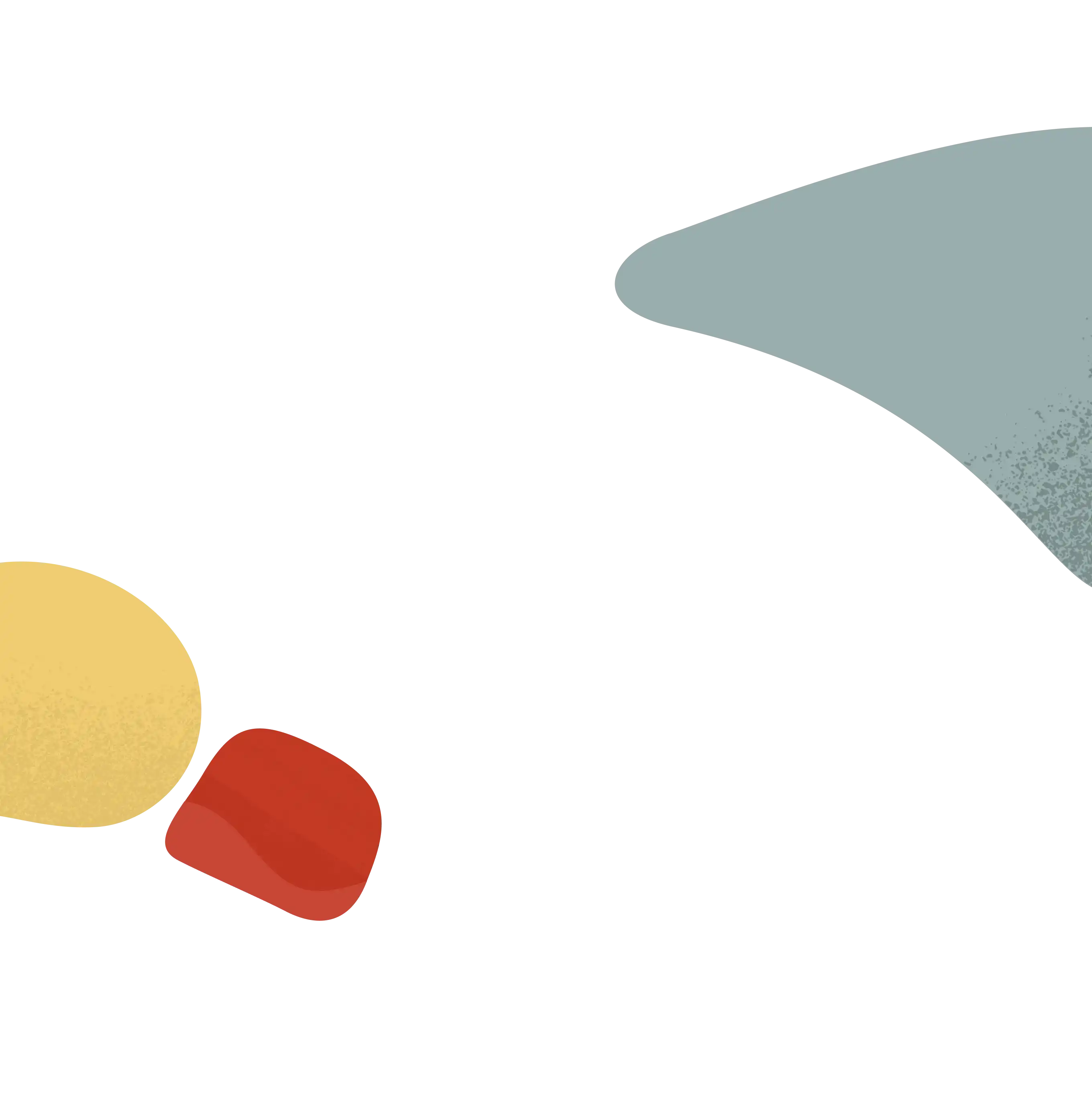
Unilever cuts transport costs and emissions with Oracle
Unilever cuts CO2 emissions in North America, drives sustainability, and lowers transport costs with help from Oracle's transportation management solution.
United Kingdom | Industrial Products
“Unilever is committed to growing our businesses sustainably. Working with Oracle Transportation Management, we are contributing to a more sustainable supply chain through streamlining shipping, improving communication with providers, and helping reduce CO2 emissions.”
Business challenges
Unilever is one of the world’s leading suppliers of food, home, and personal care products with sales in over 190 countries and reaching 2 billion consumers a day. Globally, its brands include Dove, Lynx, Ben & Jerry’s, Magnum, Hellmann’s, Knorr, Lux, and Surf.
Unilever confirmed that five years in, it is on track to meet the vast majority of the targets within its Sustainable Living Plan, the company’s blueprint for achieving its vision to grow the business, while decreasing its environmental footprint and increasing its positive social impact. Sustainability is helping to deliver more growth and lower costs, as well as less risk and more trust. Unilever is a winner of the Oracle Sustainability Innovation Award, which honors organizations that have reduced their environmental footprint while reducing costs using green business practices and Oracle technology.
The company needed to decouple the growth of the consumer products company from environmental impact and increase positive social impact as outlined in the Unilever Sustainable Living Plan, while also continuously decrease Unilever's global logistics network CO2 emissions levels globally.
In addition, Unilever needed to find new ways to drive best-in-class customer service while continuing to drive down logistics costs. Also, it looked to ensure a high level of reliability and scalability for the company’s transportation management system while enabling it to optimize the productivity of IT team members
Why Unilever chose Oracle
Oracle Transportation Management’s automated transport planning algorithms yielded insight into Unilever's transport and logistics planning and decision-making. It is a globally recognized solution that has the flexible functionality needed to support a global enterprise, according to Wendy Herrick, digital supply chain vice president for Unilever United States.
Results
Unilever undertook an ambitious program to implement Oracle Transportation Management across the global network of Unilever logistics, making Oracle Transportation Management an important part of Unilever’s daily operations and assisting the company on its journey to sustainable business.
The company has integrated Oracle Transportation Management with several other business-critical applications, including its warehouse management system, enterprise resource planning applications, electronic data interchange, and transportation rate system, as well as interfacing with carriers and third-party logistics providers.
Oracle helped improved the consumer goods company’s CO2 efficiency in North America and ensured high performance and 24/7 management support for the business-critical transportation management platform while freeing IT team members for other priorities.
Also, Oracle helped Unilever expand the visibility of transport lanes and opportunities to optimize vehicle utilization—leading to smarter decisions, such as combining loads, which reduces waste, fuel consumption, CO2 emissions, local pollutants, and traffic.
Unilever used Oracle Transportation Management Cloud’s advanced logistics planning logic to expand the use of cross-docking and load consolidation model to support just-in-time delivery, reduce the number of trucks required, cut carbon, and reduce inventory requirements.